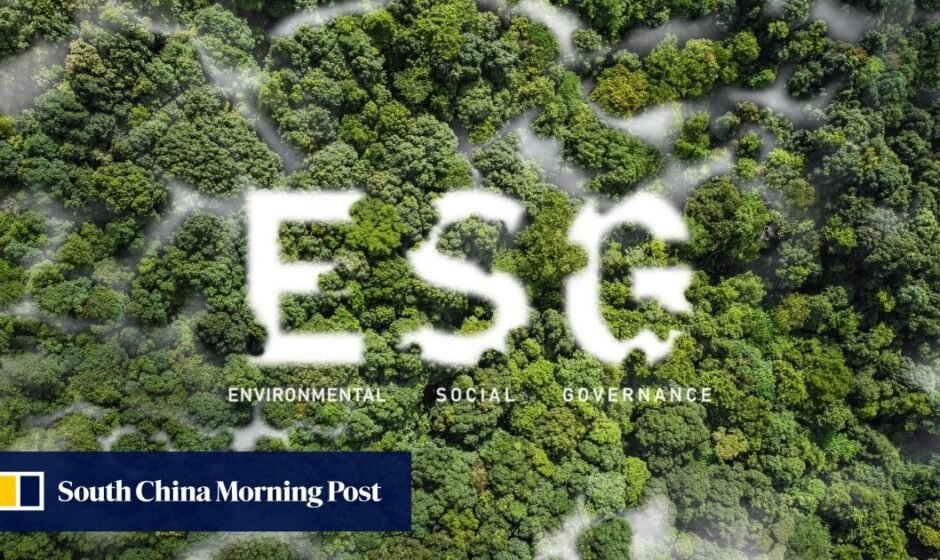Executive incentive metrics and ESG (Environmental, Social, and Governance) metrics are more prevalent in Australia, Japan, and Singapore compared to other Asia-Pacific markets, according to a report. The study found that 93% of companies in Singapore incorporate ESG metrics, followed by Australia at 86% and Japan at 72%. On the other hand, Hong Kong and mainland Chinese companies lag behind with adoption rates of 55% and 29% respectively.
The integration of ESG metrics into executive compensation is seen as a powerful tool for Asia-Pacific companies to achieve their sustainability goals, attract top talent, and demonstrate their commitment to stakeholders. Timothy Smith, the business director of sustainability at recruitment firm Hays Hong Kong, believes that aligning executive compensation with values that prioritize sustainability and social responsibility is crucial. He also highlights the increasing demand for sustainable and responsible business practices from stakeholders, including investors, customers, and employees.
Metrics related to human capital and carbon emissions reduction received the most attention across all ESG categories in the Asia-Pacific region. The social category saw the biggest increase, rising from 47% in 2022 to 60% last year. Employee engagement and safety were the most common features tied to executive incentive plans within this category. Environmental metrics also saw growth, increasing from 28% in 2022 to 39% in the past year. Measures related to carbon or greenhouse gas emissions were the most popular.
Shai Ganu, managing director and global practice leader of executive compensation and board advisory at WTW, notes the increasing pressure on ESG-related disclosures and sustainability practices in the Asia-Pacific markets. He highlights that more companies are incorporating executive incentives with ESG measures as an important tool to ensure alignment with the interests of all stakeholders, including long-term shareholder interests.
Companies that have declared social ambitions, established foundations, endorsed the United Nations Sustainable Development Goals, or are subject to regulatory frameworks are particularly proactive in adopting ESG metrics. By incorporating these metrics, executives are held accountable, ensuring that their actions align with their stated values.
Martin Xiang, principal of Heidrick & Struggles Hong Kong, predicts an increase in the incorporation of ESG metrics into executive pay as companies become more aware of monitoring ESG performance. He highlights that Hong Kong’s financial services sector, with its position as an international financial hub and stringent ESG reporting requirements, is witnessing a marked increase in the use of ESG metrics in executive incentive plans. Adoption is also growing among companies in the property and industrial sectors.
John Mullally, managing director at recruitment consultancy Robert Walters in Hong Kong, emphasizes that more companies, especially international firms, are adopting the practice of incorporating ESG metrics into executive incentive plans. He believes that to attract external investment from asset management companies, more companies, particularly those in regulated industries, are actively working to incorporate ESG considerations into their business strategies. Mullally expects this trend to become more prevalent in Hong Kong and Greater China.




